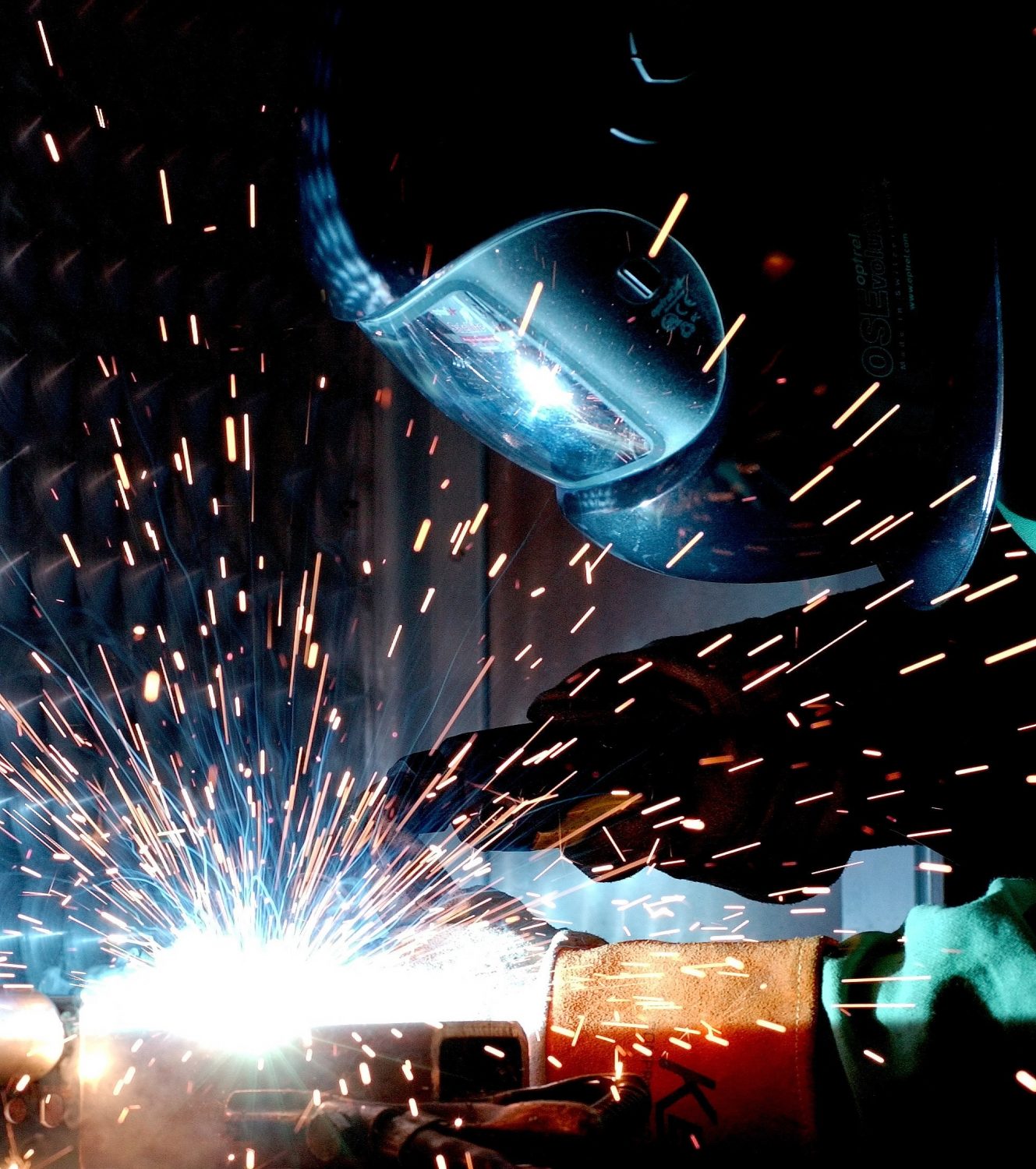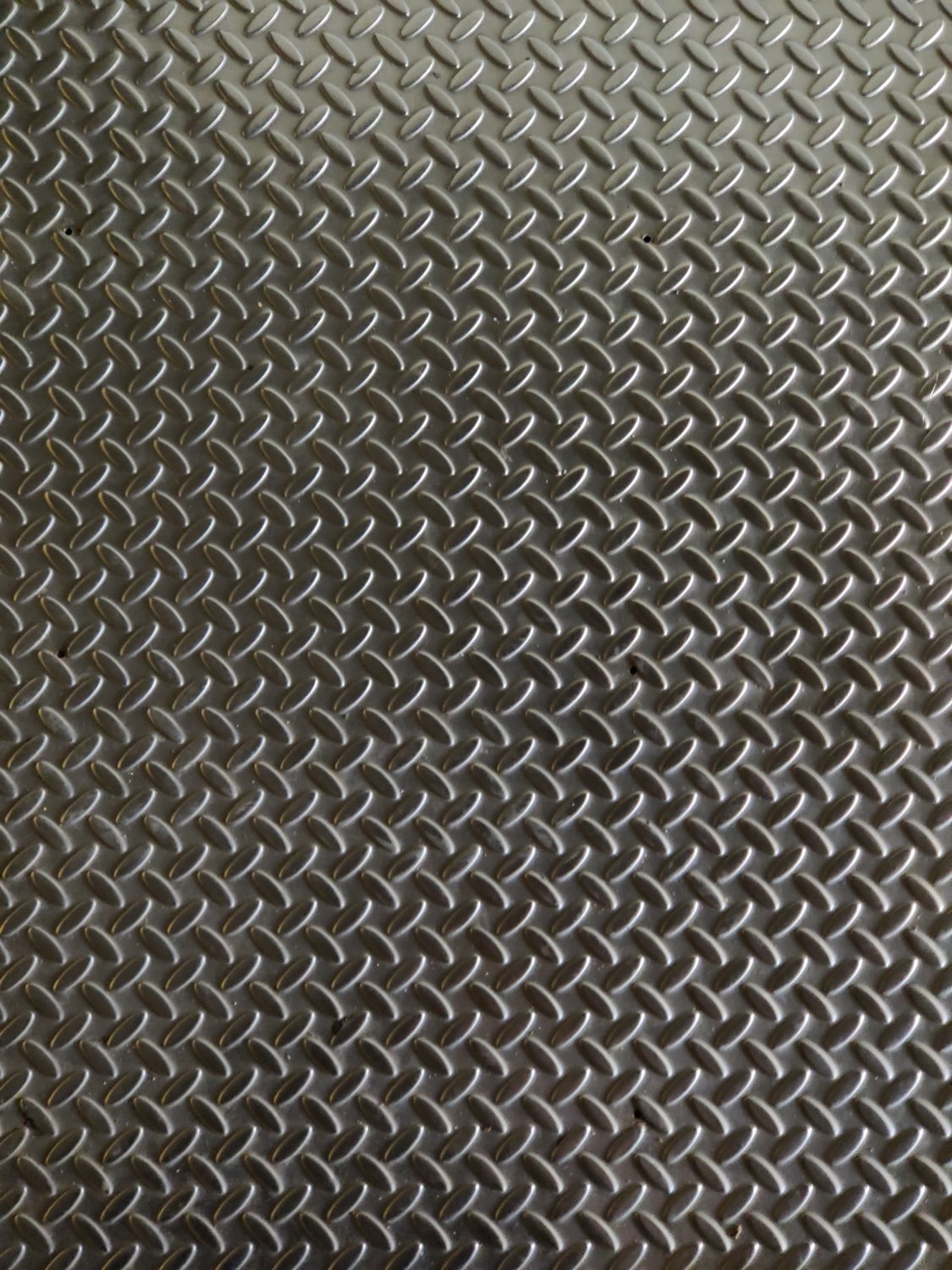As specialists in metal fabrication, FEM Ltd knows a thing or two about the process behind creating bespoke steel beams.
And to give you an idea of the expertise that goes into steel beam fabrication, our team has put together this guide on the process. We hope it gives you a better understanding as to why choosing the right steel fabrication company for your build is vital for ensuring compliance, value and quality of the product for your unique structural steel requirements.
How steel beams are fabricated…
Steel beams are structural steel that has been fabricated to meet the specific requirements of a construction project.
First the design of the structure is completed to meet the needs and compliance of the finished job. FEM Ltd’s engineers can assist with the idea, design and drawing, as well as interpreting engineering blueprints. The fabrication team will use different types of machinery to fabricate the basic steel into the desired shape for the project.
Steel fabrication companies like FEM Ltd use a number of processes to do this, such as cutting and bending. And the intricacies of this process will depend on the finished use of the desired steel beam; from basic welding to highly specialised fabrication that can only be undertaken with dedicated machinery, like that operated by FEM Ltd.
A lot of thought needs to go into the creation of every single steel beam produced to guarantee it is engineered to meet the brief precisely. At FEM Ltd our team fabricates steel beams to an accuracy of millimetres.
Once inspected, the steel beam is handed over to the welding team who weld the steel together to the specifications.
The final steel beam fabrication is then signed off and certified to BSEN 1090.
What different types of steel beams are there?
The type of steel beam required to suit your project will depend on a number of elements. Our team will work with you to understand the best steel beam(s) for you.
Steel beam fabrication is a bespoke service to ensure the compliance and fulfillment of each individual project. Your steel beam will be based on one of these different types of steel beam:
-
‘H’ Beams
-
‘S’ Beams
-
‘W’ Beams
-
Universal Beams
-
Double Beams
-
Tee Bar
-
Channels
-
Lintels
What industries use steel beams?
Steel beam fabrication companies like FEM Ltd are on hand to support all projects which require the expertise of specialist metal fabrication.
Building and construction industries use steel beams across various projects; from towers and bridges to industrial buildings and housing.
Take a look at FEM Ltd’s case studies to discover a handful of the many ways we have supported clients with their bespoke steel fabrications.
What to look for when finding a steel fabrication company near you?
Steel beam fabrication may not be the most exciting part of a new construction project, but getting it right is vital for safety, compliance, timing of the project and good value.
Here are some of the things to look for when choosing a steel beam fabrication firm:
- Accreditation – compliance with all necessary industry standards is a ‘must’.
- Reviews – check to see what previous customers have said about their reliability.
- Experience – having years of knowledge behind them is really important.
- Bespoke solutions – no two jobs are the same, so ensuring you go with a company that will look at your project on an individual basis is vital to the success and value for money of the steel beams you require.
How can FEM Ltd help with steel beam fabrication projects?
Whatever the project you require steel beam fabrication for – whether it’s a local venture for schoolchildren or at various sites for thousands of your customers – we pride ourselves on a high level client experience for all.
The process begins simply with an idea. We’ll work with you to understand what the idea is, what you need it for, and whether steel beam fabrication is the best metal fabrication solution for your project.
FEM Ltd’s fabrication engineers will then pass over the idea, a design and a drawing to our in-house estimating department for a technical review; which ensures that we have everything required to carry out the project in terms of machinery and accreditation.
Should steel beam fabrication be required through our bespoke fabrication service, our team will be on hand to guide you through the process from start to finish; giving realistic timescales, expert advice, and of course delivery of the finished product in accordance with all current health and safety legislation.
Do you need a steel beam fabrication supplier near you?
FEM Ltd has decades of experience as a specialist steel fabrication company based in Rotherham, close to Sheffield. Our team of knowledgeable engineers can talk you through the process of steel beam fabrication and our bespoke steel fabrication service.
Pop your details into our Free Quote form above; give the team a call on 01909 774 836; or email us at sales@femltd.co.uk to chat through how we can support you with the steel beam fabrication for your next construction project.



